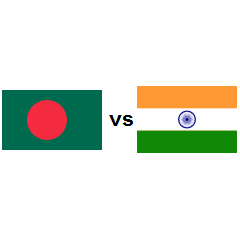Saif
Senior Operative
- 13,277
- 7,271
- Origin

- Axis Group

- Copy to clipboard
- Thread starter
- #25
Just like what BJP and RSS did in Gujarat, right? As for the attacks on Hindus in Bangladesh, all Awami League leaders and activists regardless of their religious background were the targets of mobs. Please don't give it a religious color.I do not know how Islamist think. They are brother of all Muslims across the world and think that Indian Hindus should not show even the news of oppression of Hindus, vandalization of their temple, collection protection money from Hindus etc. They believe that they have exclusive right of doing all wrong and other should not even oppose their oppression.








